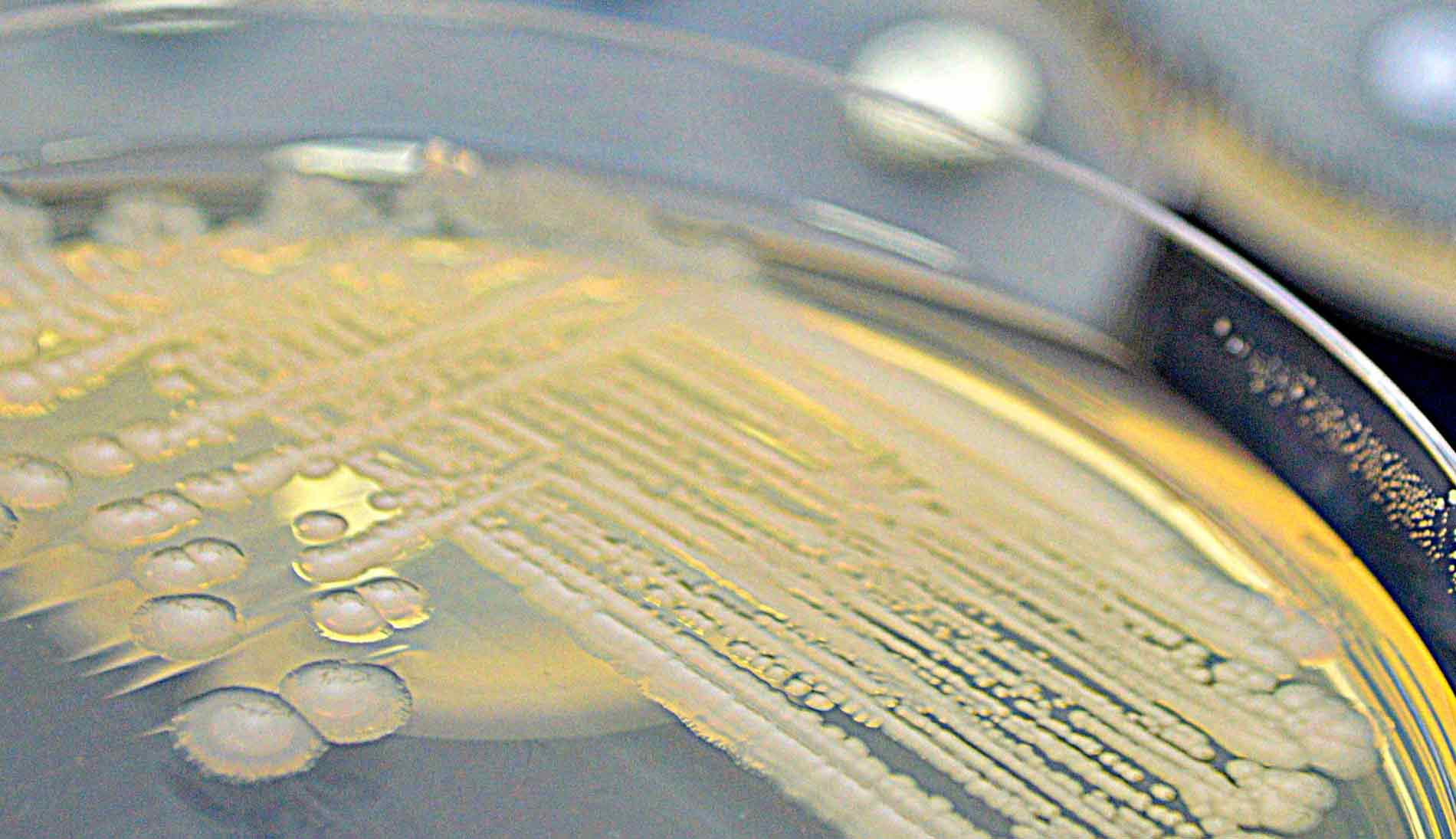There is one confirmed case of E. coli poisoning and 2 suspected cases at Lovelock Correctional Center in Northern Nevada, according to news reports. The Nevada Department of Corrections and Division of Public and Behavioral Health are investigating. The CDC is also involved, with tests being done in the agency’s labs.
If you were sickened in this outbreak, you probably have many questions.
- Can I sue if I am in prison?
- What evidence do I need to prove my case?
- Who can I sue?
- How much money can an inmate get for food poisoning?
- Do I have to pay an attorney to help me?
Our lawyers help inmates sickened by tainted food. You can call our law firm at 1-888-377-8900 (toll free) to find out if you can sue for compensation. We are paid on a contingency basis, meaning we are not paid unless you win.
The CDC test results will be analyzed to determine if E. coli isolates found in inmate stool samples have matching DNA patterns. E. coli found in environmental samples will also undergo DNA testing called pulsed-field gel electrophoresis (PFGE). The goal is to both determine who is part of the outbreak and what caused the illnesses.
The outbreak appears to be confined to Lovelock Correctional Center.
In general, someone can sue for food poisoning if they are part of an outbreak and the source of the outbreak has been determined by the DNA testing briefly discussed above. Food manufacturers, including produce processors, have a duty to sell food that is not dangerous. In the case of E. coli, it is extremely dangerous and sometimes fatal.
Everyone deserves safe food.
